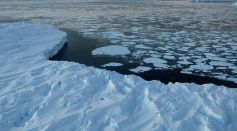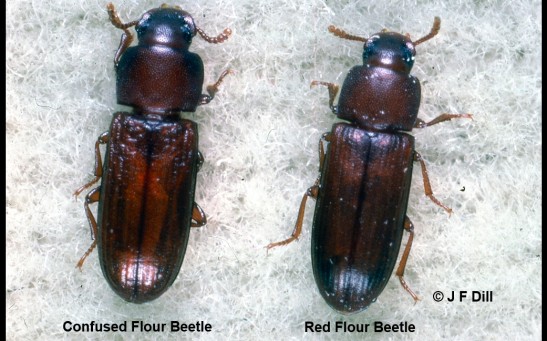ENVIRONMENT & CLIMATE

A Global Study Shows That Millennials Have the Lowest Faith in Democracy

Air Pollution Causes People to Choose Food Delivery Services, Resulting in Plastic Pollution

A New Study Finds That Tropical Cyclones Have Started Moving Faster
Harvard Researchers Link Particulate Matter from Air Pollution to Neurodegenerative Diseases
Virus Kills White-Tailed Deer, Hunters Offered Refunds
Satellites Detected the Largest, Warmest Marine Heatwave, "Blob 2.0," Off the Coast of California
Lone White Baby Sea Turtle Found in Kiawah Island

Climate Change May be Responsible for the Increase of Shark Attacks in Australia
Sahel Region is a Canary in the Coalmine of the Warming Planet

A Large Feline Geoglyph Appears at the Nazca Lines UNESCO World Heritage Site

Coalition of Female Scientists Call for a Marine Protected Area in Antarctica
Mammals and Birds Were Not Warm-Blooded Not Until the Greatest Mass Extinction

New Retrieval Attempt at the Titanic Reignites Debate
New Study Suggests White Noise for Sleeping May Do More Harm Than Good
Most Popular

Ancient Interbreeding Between Neanderthals and Modern Humans Revealed

'Forever Chemicals' PFNA and PFOSA to Faster Biological Aging in Middle-Aged Men, Study Finds

Radiation Explained: How It Works, Its Risks, and When Exposure Becomes Dangerous

Why Matter Exists Instead of Nothing: Exploring the Universe's Mystery of Matter vs Antimatter





